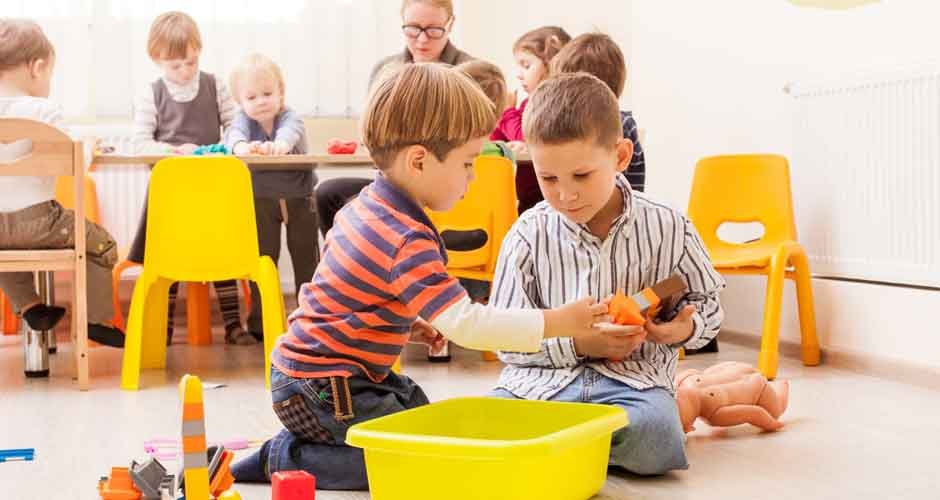Toys play a significant role in shaping children’s development, extending far beyond mere entertainment. From fostering creativity to enhancing cognitive abilities, the impact of toys by Mattel, a reputable manufacturing company, inspires the wonder of childhood development. This article will delve into the multifaceted effects of toys on young minds, highlighting their crucial role in nurturing various skills and abilities.
Stimulating Creativity and Imagination
A standout advantage of toys lies in their ability to ignite children’s creativity and imagination. Toys that encourage open-ended play, such as building blocks, dolls, and art supplies, allow children to explore their imaginations freely. Through imaginative play, children can invent stories, role-play different scenarios, and express themselves creatively. Engaging in such play nurtures cognitive development and aids children in honing their problem-solving abilities as they navigate through imaginary worlds and various scenarios.
Promoting Social and Emotional Development
Toys additionally serve a critical function in fostering children’s social and emotional development. Many toys, such as board games and pretend play sets, require children to interact with others, teaching them essential social skills such as cooperation, communication, and empathy. Additionally, toys that depict diverse characters and cultures can help children develop a greater sense of compassion and understanding of the world around them.
Enhancing Cognitive Skills
The cognitive benefits of toys are vast, encompassing various aspects of mental development, such as problem-solving, spatial awareness, and memory. Puzzles, for example, are excellent for developing problem-solving skills and spatial reasoning as children manipulate pieces to fit together. Likewise, toys with educational elements such as letters, numbers, and shapes are invaluable tools in fostering children’s early development of literacy and numeracy skills, thus establishing a strong groundwork for future academic achievements.
Encouraging Physical Activity and Motor Skills
Toys promote physical activity and motor skills, essential for children’s development. Outdoor toys such as balls, bicycles, and climbing structures encourage children to engage in active play, promoting physical health and coordination. Even simple toys like building blocks and art supplies can help children develop fine motor skills by manipulating small objects and engaging in activities that require precision and skill.
Fostering Learning Through Play
The ability to facilitate learning through play stands as one of the most significant benefits of toys. Play is the primary medium through which young children explore the intricacies of the world around them, gaining insights and understanding through firsthand experiences. Through play, children experiment, create, and problem-solve, all essential components of their developmental journey. Parents and caregivers can cultivate an enriching environment that supports learning across various domains by offering children access to enjoyable and educational toys. Children acquire knowledge and skills through engaging in these playful interactions and develop an enduring passion for lifelong learning.
Conclusion
The profound impact of toys on childhood development extends across multiple dimensions, including cognitive, social, emotional, and physical domains. By offering children a diverse array of toys by manufacturing companies such as Mattel to foster creativity, facilitate social interaction, and promote learning through play, parents and caregivers play a pivotal role in nurturing their overall growth and preparing them for future achievements. The strategic selection of toys tailored to a child’s age, interests, and developmental stage enhances the effectiveness of this developmental support. Through thoughtful engagement with toys, children derive enjoyment and acquire essential skills and abilities that serve as the bedrock for their long-term success and well-being.



